My First Two Years at La Salle: Not What I Expected
May 25, 2016
Before I began my journey here at La Salle, I believed that the path I had built for myself and my future was perfect and theoretically flawless; I was convinced that nothing could drag it down. I thought that I had life figured out and that, with high school quickly speeding my way, I could be successful in whatever role that I decided to play in my high school community while remaining the same person that I had previously been before. However, I could not have been more wrong.
The experiences that I’ve had during my time at La Salle, whether they were good or bad at the time, have not only shaped me into the person that I have become, but also presented the morals and beliefs that I have claimed as my own. Out of the many things that I have learned, there are three in particular that stand out to me far above the rest and have meant the most to me throughout the last two years.
At this moment, I can not imagine having once lived my life without a full understanding of these beliefs that I now have, though I went on without them for so many years. It was not until I stopped to reflect after leaving the school and the friends that I had grown up around that I discovered how much truth there was hidden within three cheesy societal ideals.
1. It is ok not to be perfect.

Growing up in a household where obtaining good grades was a necessity, there was never much room for failure. Being a middle child sandwiched between two older siblings who were 12 and 14 years older than me and a younger sibling who was 4 years younger, it often felt that no matter what level of achievement I reached, it was never enough for either my parents, the community of people that I grew up with, or myself.
I oftentimes found that I would lose confidence not only in my abilities but also in the person that I was. I could never allow myself the satisfaction and contentment of knowing that I had tried; I only acknowledged that I was not doing enough, whether it was, in reality, enough or not.
One specific example that stands out to me was in 5th grade when I received my first B on a report card. To someone who was comfortable and confident in who they were, this may not have seemed like a big deal, especially given that it was only 5th grade; but to me it felt as if I might fall off the face of the earth. In my head, I could never live up to the standards that I created for myself, which made me consistently feel as if I was failing.
I know that the reason for my past difficulty with handling my own failure was an effect of me being unsettled and unsure of who I was. The most valuable transformation that occurs during junior high and high school is the process of forming into the person that you will become in the future as an adult.
I am certainly not an adult in any way, but I do know that, when I came to La Salle, I discovered myself. There were so many people around me that accepted me for who I am without me having to work hard to earn it. I now know that it is beneficial to aim for perfection, whether that means winning that blue ribbon, getting an A in school, or setting a new record at sports, but you cannot expect to hit perfection every time you try.
I’ve learned to accept myself as the Lasallian community does, allowing myself to relax and take life day by day. The constant pressure of trying to be something that I wasn’t was exhausting, and it was only when I was able to let go of the unreachable self-image I had created for myself that I could be content with who I was. I know it is not perfection that makes you happy, but the memories and contentment that comes with giving yourself the freedom to not be perfect.
2. There is a world beyond me.

Throughout my childhood, I always was very considerate of the people around me. I said “thank you” whenever given something and would never pass up the opportunity to offer up a compliment that would brighten someone else’s day. I went through this same routine for thirteen years before coming to La Salle, but it was only when I arrived here that I realized what I was missing.
While it was beneficial and good of me to be polite, I found that I had unknowingly disconnected myself from the society that surrounded me. It was not enough for me to only see other people from a distance, I needed to be friendly with them, to understand them, and be open to their new ideas as well as accept them for who they were instead of judging them in the same way that I wanted others to accept me.
Within the first week of my time here at La Salle, I discovered an entire world that had previously remained unknown to me due to my naivety and simple mindedness.
Being a Christian and having attended a small and secluded private school since kindergarten, I had never experienced or seen the different assortments of people that surrounded me in the world. Without realizing it, I had failed to notice that, through being kind and unattached to the people around me, I had become ignorant and mentally separated from the different denominations, beliefs, and people groups that occupy modern day society.
At La Salle, I not only learned to recognize these people but also was able to meet them first hand. From learning about those around me obtaining differentiating religious beliefs to interacting with people my age who are homosexual, I have discovered how much I value these people not just because of their characteristics and their differences but also because of the inspiration that they give to me and to others through both their endurance and their confidence in themselves and in who they are.
Before I came to La Salle, I unknowingly became one of those people who judged others for their cover or because of the ways that they differed from me. I rarely would take the time to get to know someone who I did not understand due to their differences, which blocked me from having open-mindedness and knowledge of the people around me in the world.
If I always closed myself off to people who were different than me, there would be an entire universe of life and knowledge that I would never be able to experience or comprehend.
3. A community is stronger than an individual.
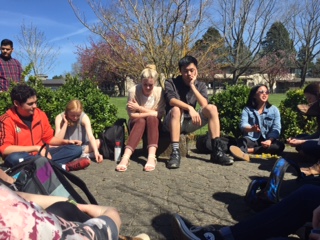
Similarly to my childish thought pattern that I must always be perfect, I also find, when looking back at my life before I came to La Salle, that I took the ideal of being independent to an insensible level.
Any person who knows me would be able to identify me as someone who takes both her character and her actions seriously. Almost anything that I do, or have ever done, is something that I have meticulously thought through beforehand, calculating all of the different ways that the action could go wrong or right.
Rarely, before my freshman year at La Salle, did I ever lower myself and my pride to the mortal level of asking others for help; whether that consisted of schoolwork, problems at home, or something pertaining to athletics. Receiving help from others around me seemed to be just another path to self-inflicted failure, though, in reality, it was the path that lead to my own success both physically and mentally. Believing that I could only succeed when doing everything on my own was a vain goal that made life much more difficult to conquer.
A specific concept that I had previously failed to understand before coming to La Salle is the differentiation between being generous and using sympathy as a cover for pride. A man named Kahlil Gibran wrote in his book Sand and Foam, “Generosity is giving all that you can, but Pride is taking less than you need.” This is a fact that I have come to strongly agree with. The less that you accept help on things that you do not understand only increases your own disabilities, not diminishes them.
La Salle’s joined and open community helped to change this challenging mindset I had obtained, allowing me to be able to ask others for help when I needed it and let go of the need to be independent that had plagued me.
***
If someone had approached me two years ago on my first day as a freshman at La Salle and told me that during my time in high school I would relearn and conform to such generic and cliched principles, I would have laughed and told them that I would never become that predictable; but, as it turns out, I could not have been more wrong.
These undeniably cliche words of advice that we all have heard countless times throughout the course of our lives are commonly perceived as meaningless encouragements meant to bring us together as a group and make us prioritize others before we think of ourselves.
However, I have discovered that they have a far greater purpose than simply that, as do most other small things that are told to us that we generally ignore. If we as individuals continue to mindlessly block out these words of wisdom and truth told to us by our society due to our pride and thinking that we have already surpassed them in maturity, we will never be able to overcome what are thought to be ‘childish’ sayings as a whole.


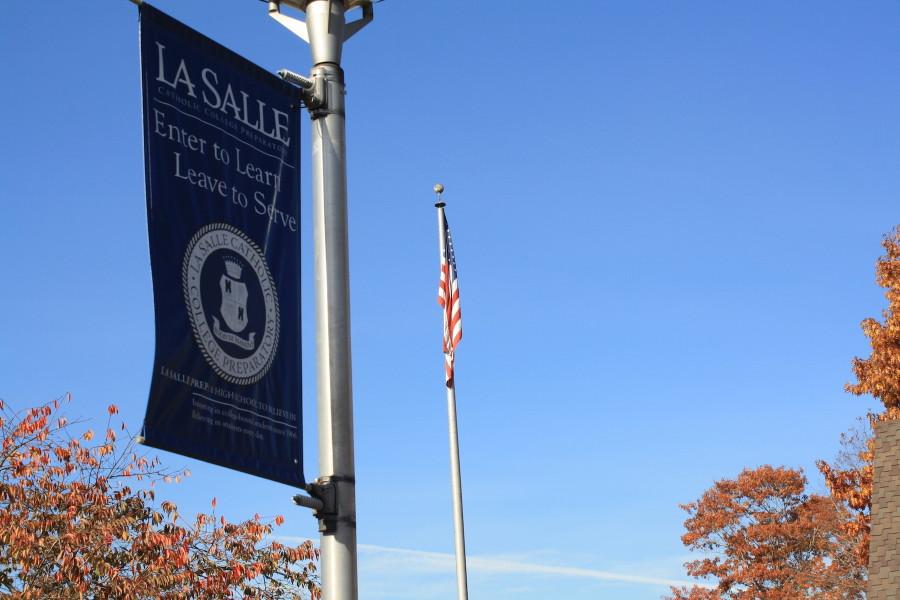
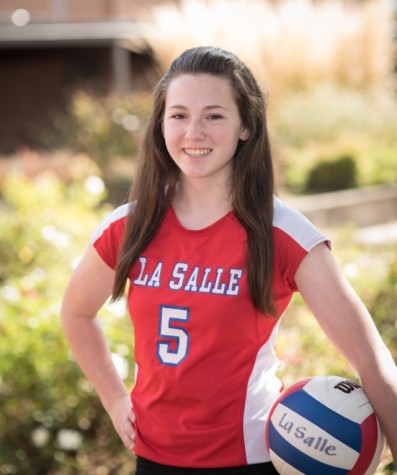
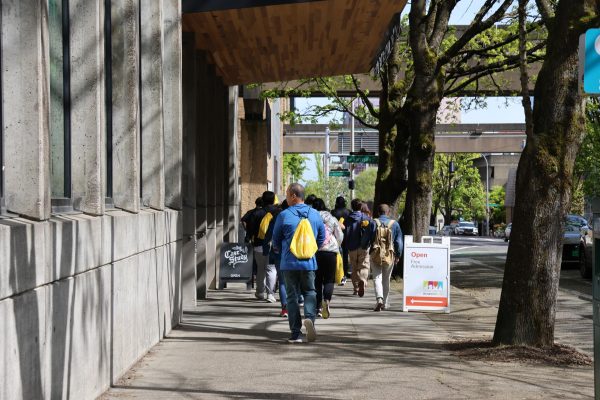

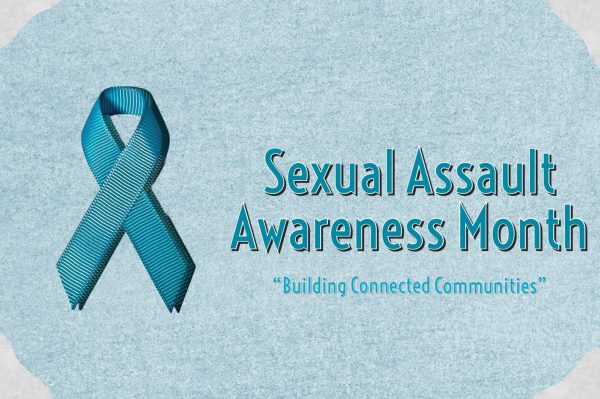
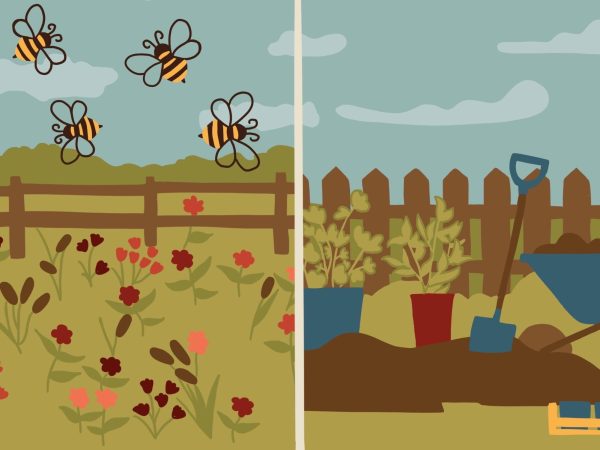
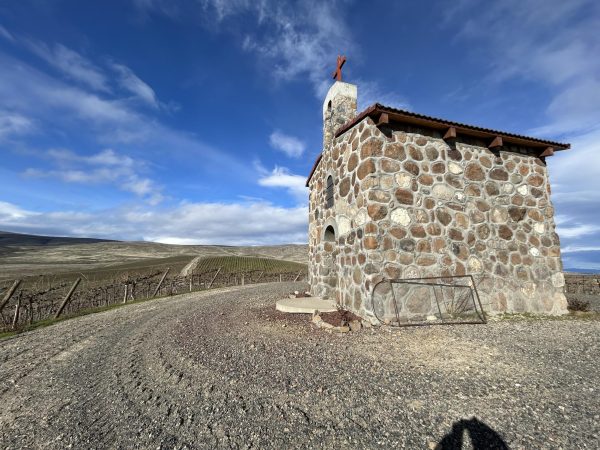

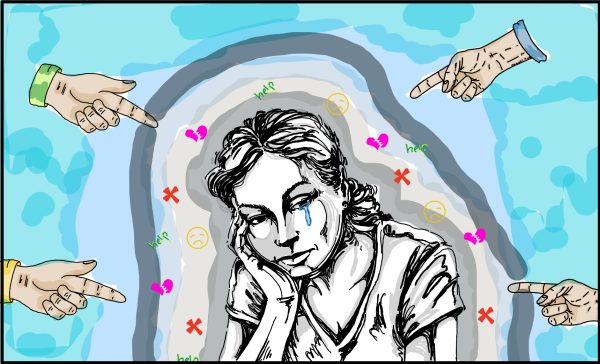
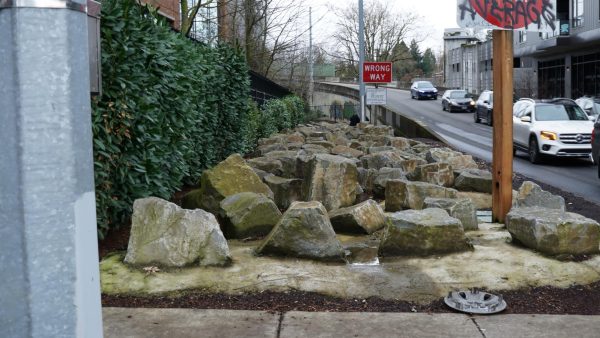

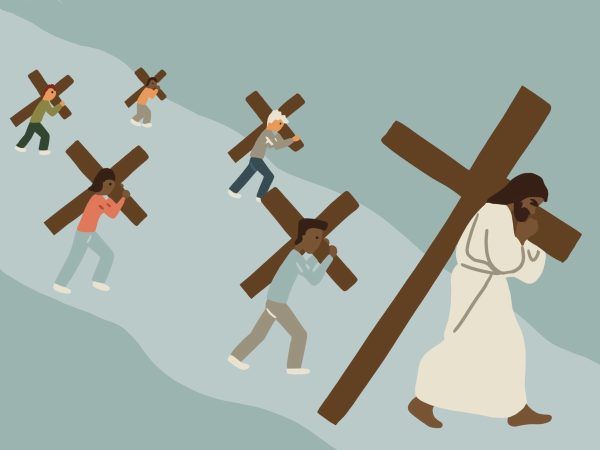

Gabi Stoney • May 25, 2016 at 9:45 pm
This is really funny. When I go out into the world and try to recruit people to go to La Salle I use these three cliche things I use to recruit people to La Salle. I praise this school for its strong community and I also try to tell people that it is challenging and people will learn a little bit of the lessons mentioned above. However I only use these for recruiting purposes.